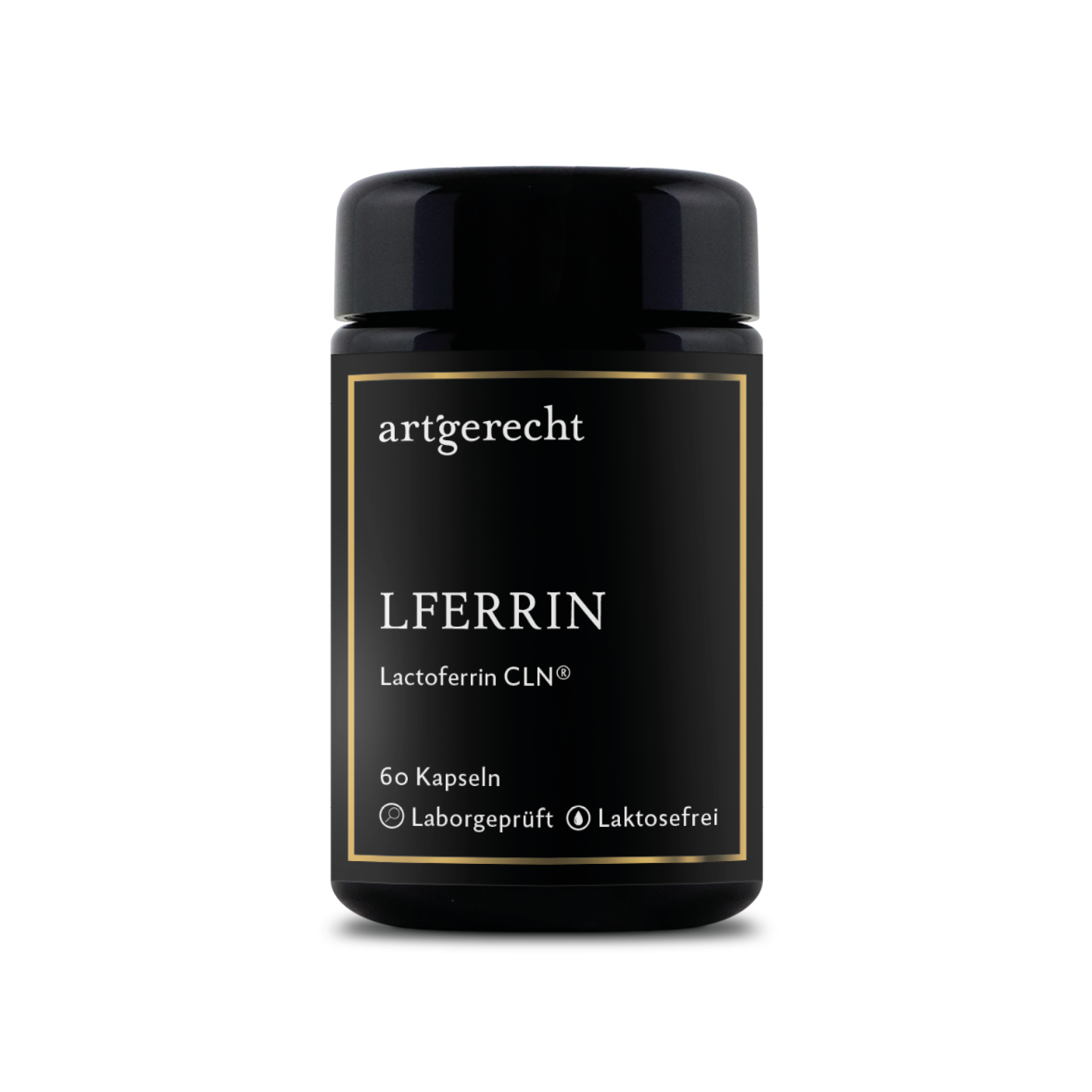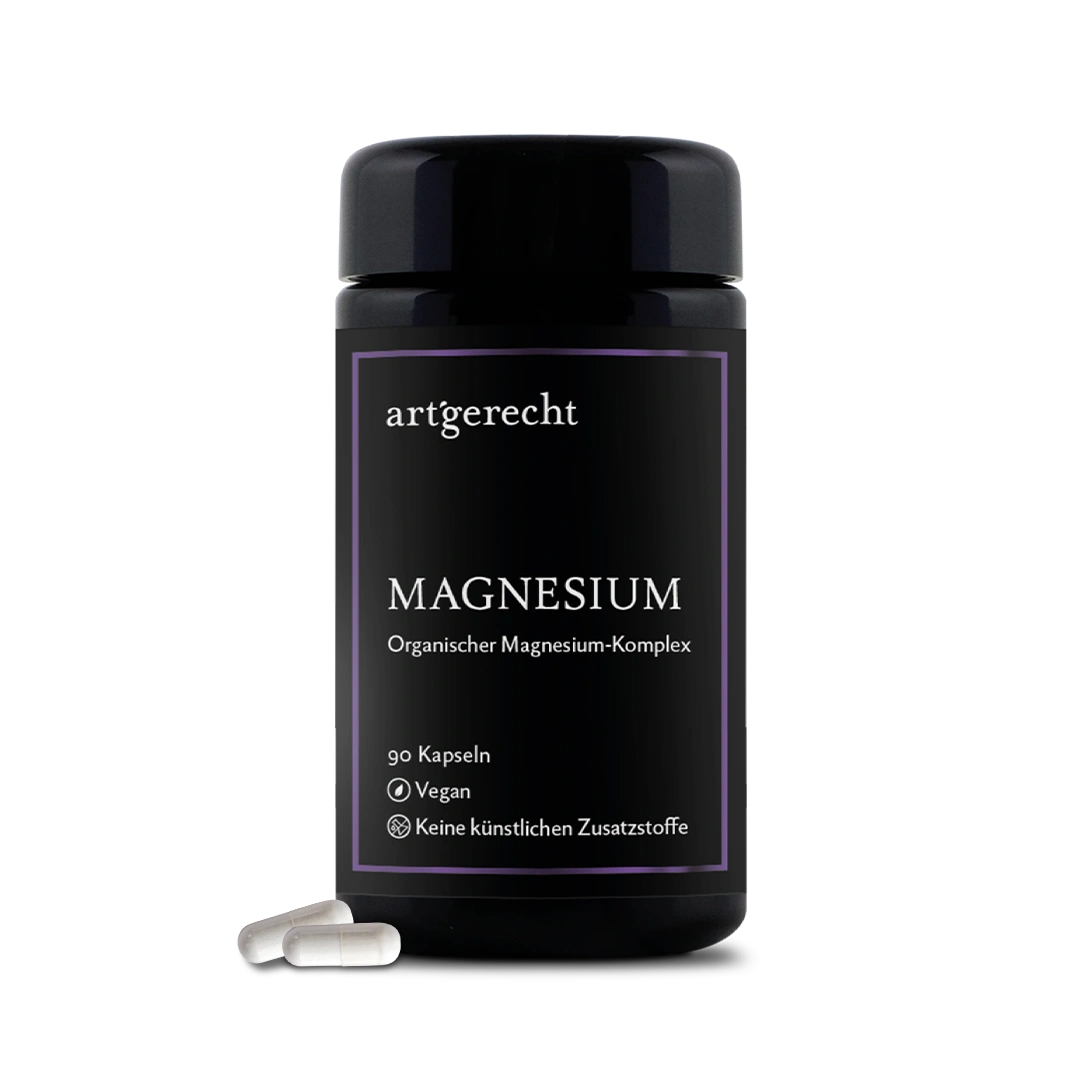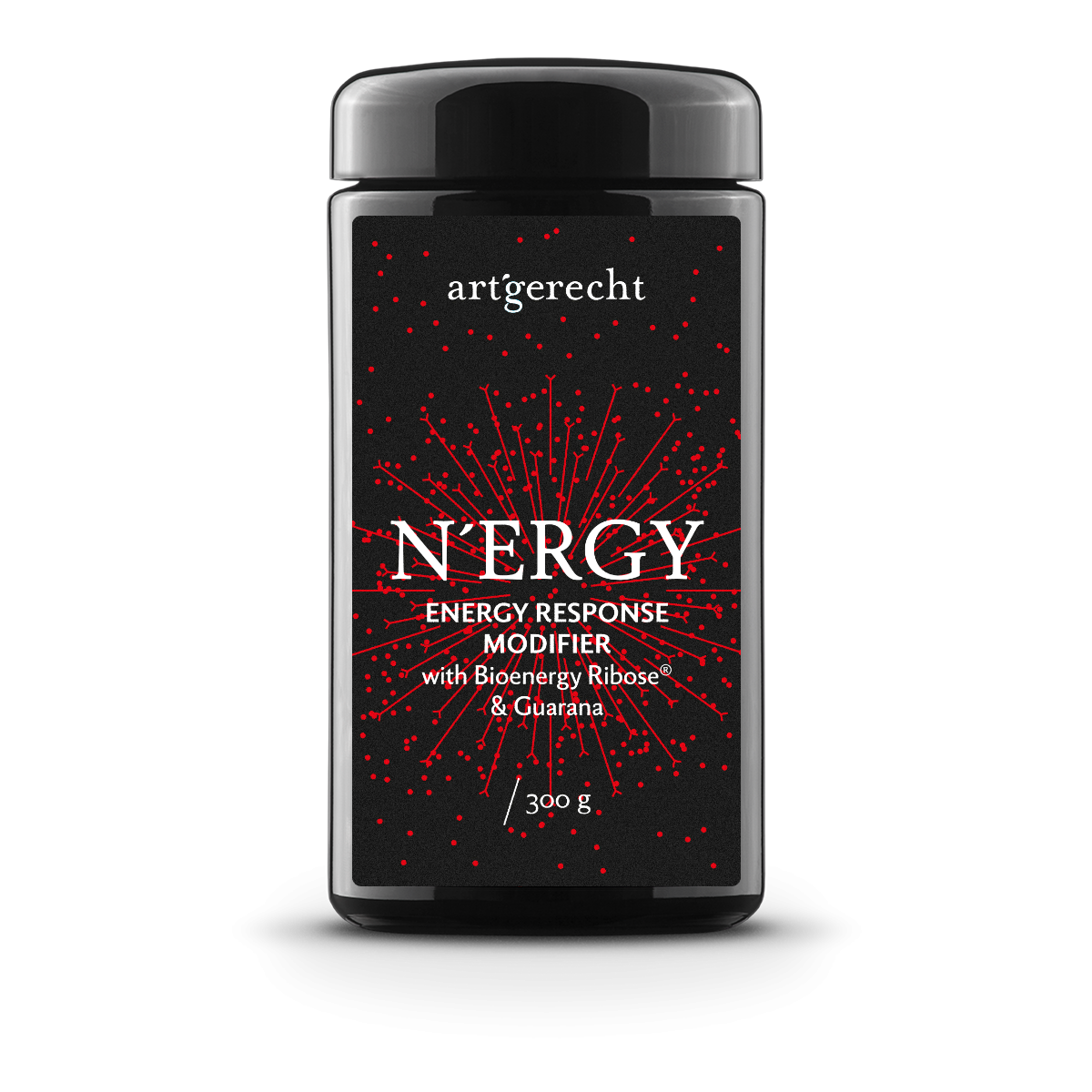

Adenosine triphosphate (ATP) - energy source for the cells
Adenosine triphosphate (ATP) is a molecule that occurs in almost all living cells and serves as the body's universal energy source.
Interested in regular tips & information about health? Interested in regular tips & information about health?Wissenswertes über "Adenosine triphosphate (ATP)"
Adenosine triphosphate (ATP) is a molecule that occurs in almost all living cells and serves as the body's universal energy source.
Adenosine triphosphate (ATP) is often referred to as the "energy currency of the cell" as it provides energy for a variety of vital processes, including muscle contractions, cell division, metabolic reactions and the transport of molecules within cells.ATP consists of three main components: the nitrogenous base adenine, the sugar ribose and three phosphate groups. The energy of ATP is contained in the bonds between the phosphate groups, especially in the last bond. When ATP is broken down into adenosine diphosphate (ADP) and inorganic phosphate, energy is released that can be utilised by the cell.
The production of ATP mainly takes place in the mitochondria, the so-called "power plants of the cell". This process is known as cellular respiration and comprises three main steps: glycolysis, the citrate cycle and oxidative phosphorylation. Nutrients such as glucose and fatty acids are broken down in order to store energy in the form of ATP. In the absence of oxygen, ATP can also be produced by anaerobic processes such as lactic acid fermentation, although significantly less ATP is produced.
ATP is not only a source of energy, but is also involved in numerous other cellular processes. It plays an important role in signalling within and between cells, DNA and RNA synthesis and the regulation of enzyme activities. In addition, ATP is necessary for the transport of substances through cell membranes, for example as part of active transport mechanisms such as the sodium-potassium pump.
A lack of ATP can have serious effects on cell function and is often associated with diseases such as chronic fatigue syndrome, mitochondriopathies or neurodegenerative diseases such as Alzheimer's and Parkinson's disease. As the production of ATP is closely linked to mitochondrial function, oxidative damage and inflammatory processes also play an important role.
Targeted measures can be taken to support ATP production, including regular exercise, promoting mitochondrial health and a balanced diet. Dietary supplements such as coenzyme Q10, magnesium and carnitine have been shown to be supportive as they are involved in energy production processes. Natural substances such as quercetin and lactoferrin may also indirectly promote ATP production due to their antioxidant and anti-inflammatory properties.
ATP is essential for life and the function of all cells. Its sufficient production and availability are crucial for energy, performance and health, which is why supporting mitochondrial function is a key part of a holistic health strategy.
Verwandte Produkte
For your universal protection
As one of the most valuable proteins in the body, lactoferrin is a natural component of the immune system.For your daily magnesium needs
Organic magnesium complex to reduce fatigue and tiredness and support normal muscle functionDie neusten Einträge
3 Posts in this encyclopedia categorySulforaphane
Healthy nutrition
Die meistgelesenen Einträge
3 Posts in this encyclopedia categoryLactoferrin CLN®
Cologne list
Lactoferrin
Verwandte Suchbegriffe: Adenosine triphosphate + ATP + adenosine triphosphate



